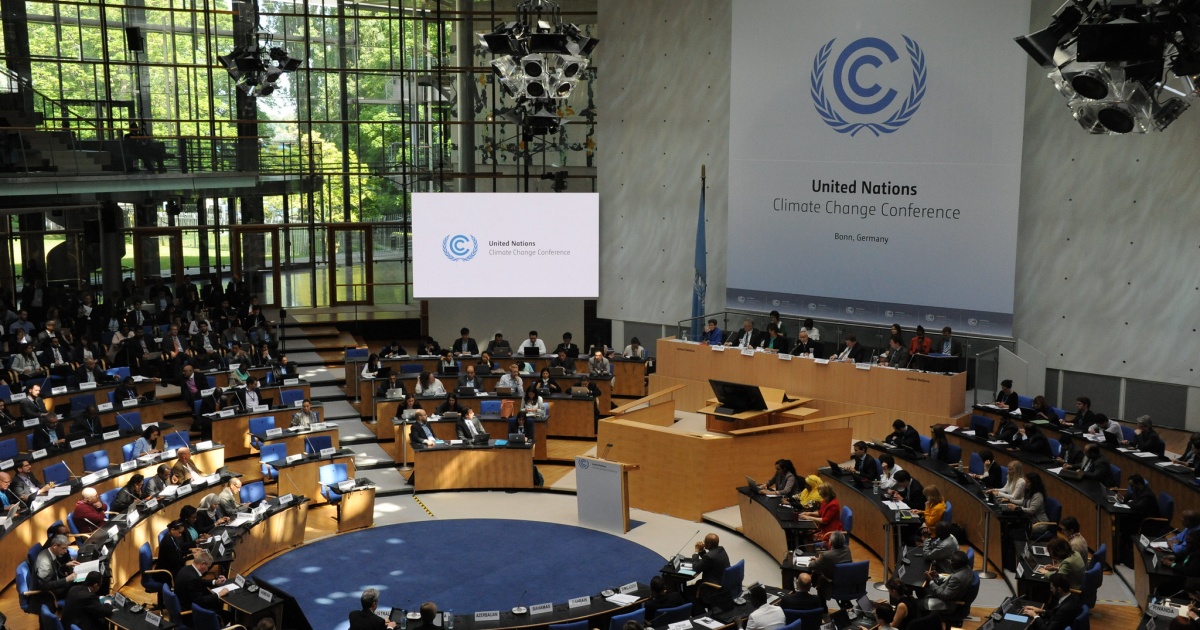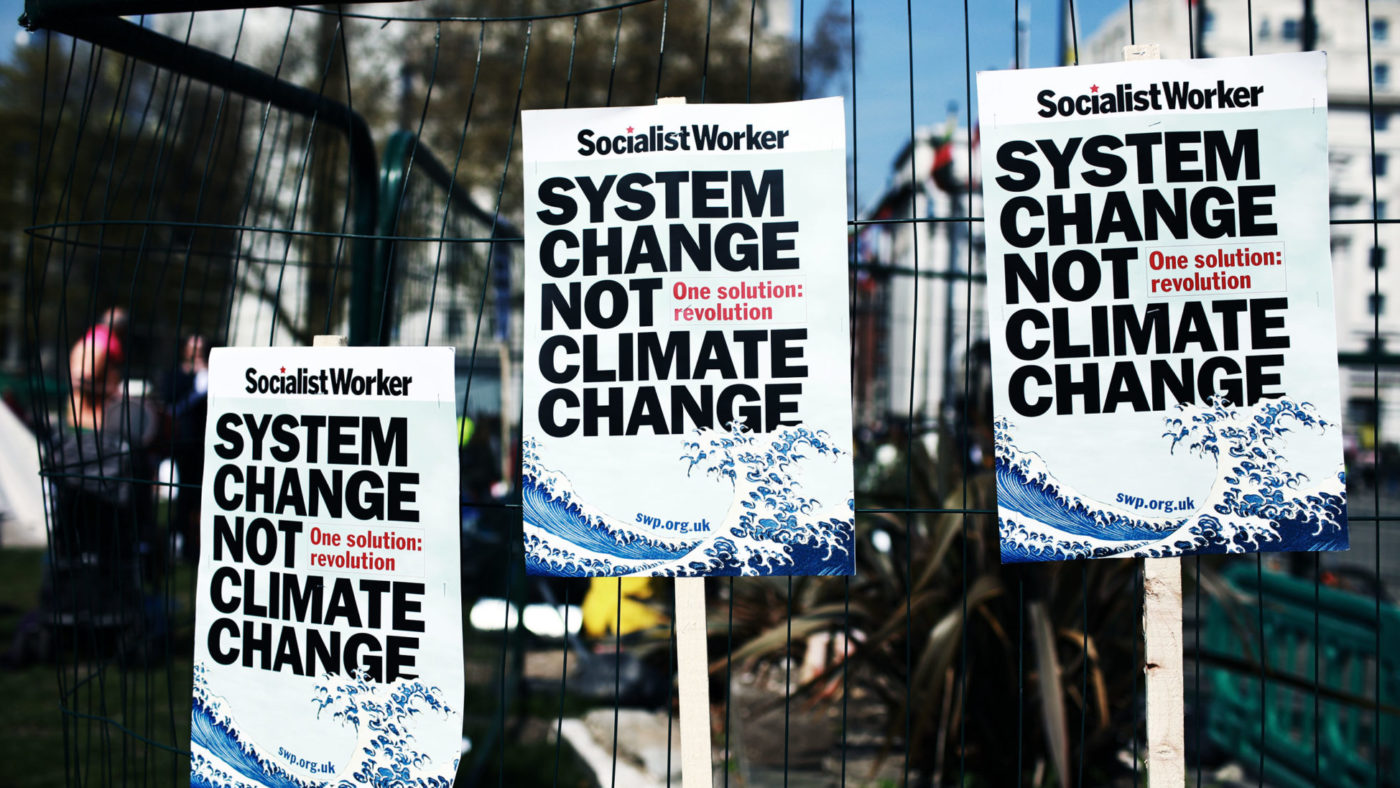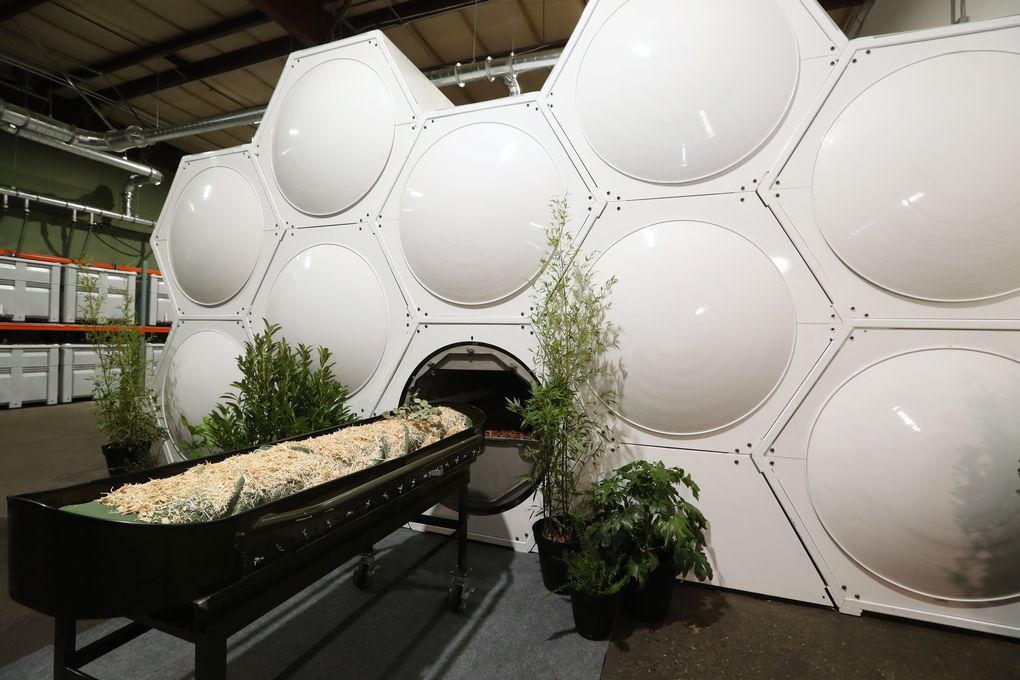Walking around a room with 18 other people, eyes on the floor, lights off, mind adrift in thoughts of death, climate change, and politics, was a confounding experience.
My takeaways from this strange contemplative practice did not become clear until days later. In the moment, the practice seemed somehow ironic and meaningful, yet I could not understand why. I now see my experiences in this practice as almost representing or paralleling the politics of climate change.

Mindfulness among the masses. Image Credit: Unknown
With our eyes on the ground, I felt overwhelmed. Listening to Karen’s descriptions of the world, I felt helpless in the face our extensive problems. There is so much to unpack, not enough time, and I don’t even know where to start. Amongst all these other shoes walking around the floor, how can anything I do be significant? How can I sway people to my side if we all come from different backgrounds, have different priorities, and live in a polarized playground where everything is black and white, or so gray in between that it is unintelligible? This overwhelming feeling is matched in the politics of climate change. It is such an extensive issue that leaders and individuals have no idea where to start or how to help. This overwhelmingness is dangerous because it can lead to stalling on solutions, and inaction which could effectively cause voluntary human extinction.
When we lifted our eyes to acknowledge each other I struggled to remain serious. I found the reality of 19 of us aimlessly wandering the tiny classroom, trying not to hit each other, while listening to poems about death funny. Sort of a “laugh because otherwise you’ll cry” response. This reaction is similar to how many people handle the climate crisis—they don’t take it seriously. They laugh because it is a wild idea that humans could unintentionally cause so much destruction and death while wandering the earth industrializing. They ignore it, because if they believe that there is nothing they can do, then it is better to laugh and cherish what they have while they are alive, rather than to get lost in a spiral of despair waiting to die.
In this practice I felt myself putting on a face for my peers. I couldn’t just acknowledge them with an honest expression of my feelings because that would have been too vulnerable. I felt like I had to smile, exaggerate my expressions, and communicate a false narrative. This, too, is similar to the politics of climate change. World leaders go to climate conferences and exaggerate their actions and intentions, project their virtue and strength, and hide their vulnerability and honest reality of confusion and disaster. We want to die with pride, and for our largely old politicians, acknowledging a problem would mean dying guilty.

Bonn, Germany Climate Conference. Image Credit: UNFCC












